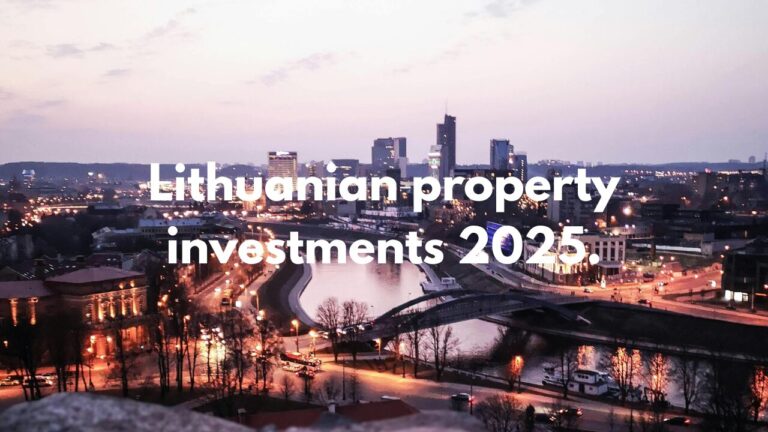Poland is reshaping its immigration policies in a big way. Whether you’re planning to move for work, study, or long-term residence, the new immigration law—outlined in Poland’s 2025–2030 migration strategy will directly affect how you enter, stay, and integrate into the country. Here’s a breakdown of what’s changing and what it means for you as a foreigner.
🔐 A Strategy Built on Security and Control
The Polish government has rolled out a strategic plan under the banner “Taking Back Control. Ensuring Security.” The goal is clear: manage immigration more tightly, both in terms of who comes in and how they integrate, while preserving national and economic stability.
This policy aims to streamline migration processes, improve integration, and combat illegal practices related to employment and residence. But what does this mean in practice?
✈️ Entering Poland: Digital, Unified, and Less Bureaucratic
Poland plans to digitalize and simplify the entry process. Application systems for visas and residence permits will be more interconnected, making it easier for authorities to cross-check data and harder for applicants to misuse the system.
Key changes:
Full digitalization of residence permit applications through the MOS system.
Paper applications will be phased out completely.
Applicants will need to sign digitally and visit offices only for biometric data.
Visa and stay legalization systems will be harmonized.
🧳 Work Opportunities: Yes, But With Clear Conditions
Poland still welcomes foreign workers especially in industries facing labor shortages but now with stricter eligibility and oversight.
To qualify under special labor market schemes, you may need to:
Possess highly specialized or hard-to-find skills.
Be paid at or above industry-standard Polish wages.
Be employed by strategic investors or sectors.
Meet new transparency requirements for your employer.
Additionally, new penalties will target illegal employment and shady job intermediaries. Civil contracts (not just employment contracts) will still be permitted for foreign workers.
🎓 Student Visas: More Accountability, Fewer Loopholes
Studying in Poland remains possible, but institutions and students will face stricter rules:
Enrolment quotas for foreign students.
Absences will now be checked every 6 months.
Schools will be more responsible for reporting student status.
Graduating from a post-secondary (non-university) school will no longer exempt you from the required Polish language exam for long-term residency.
🏠 Long-Term Residency and Language Requirements
To apply for a long-term EU residence permit:
You must live in Poland legally for 5 years.
You need stable income for 3 years.
And you must prove Polish language skills now strictly via a state-certified exam.
Graduation from certain Polish schools will no longer suffice as proof of language proficiency.
🧩 Integration: A Two-Way Street
Poland will launch structured, compulsory integration programs for foreigners. You’ll be expected to adapt to local laws, customs, and language. But it’s not just about foreigner responsibility the public will also receive education to reduce xenophobia and support smoother integration.
📃 Employment Law Overhaul: Key Draft Provisions
Poland is drafting new laws that will:
Clarify who can hire foreigners and under what conditions.
Elevate fines for illegal employment (up to PLN 50,000 per case).
Require all job offers and permits to be submitted and processed electronically.
Ban deceptive outsourcing and restrict temporary shell companies from abusing work permits.
Support trade union access and foreign worker rights awareness.
🔵 EU Blue Card: Easier Access, More Mobility
Foreigners seeking the EU Blue Card a residence permit for highly qualified workers will benefit from:
Contracts only needing to be 6 months in length (previously 12).
Ability to prove eligibility through either work contracts or civil contracts.
Improved mobility between EU countries for Blue Card holders.
Short-term: Up to 90 days in another EU country.
Long-term: More than 90 days, including work for a company in another EU country.
🧭 What This Means For You
If you’re considering moving to Poland, you’ll need to be:
Digitally savvy (online applications are now the norm).
Prepared to show proof of legal employment and income.
Ready to learn Polish—really learn it.
Willing to integrate into the culture and community.
While the path may be more regulated, the doors remain open especially for those bringing skills, education, or business investment.
📌 Official Government Resource
For the most accurate and up-to-date information, visit the Polish Office for Foreigners (Urząd do Spraw Cudzoziemców). This is the central authority responsible for immigration and integration policies in Poland.
⚖️ Disclaimer
This blog is for informational purposes only and does not constitute legal advice. Immigration policies are subject to change. Always consult official resources or a qualified legal advisor before making any decisions related to residency, work, or study in Poland.




